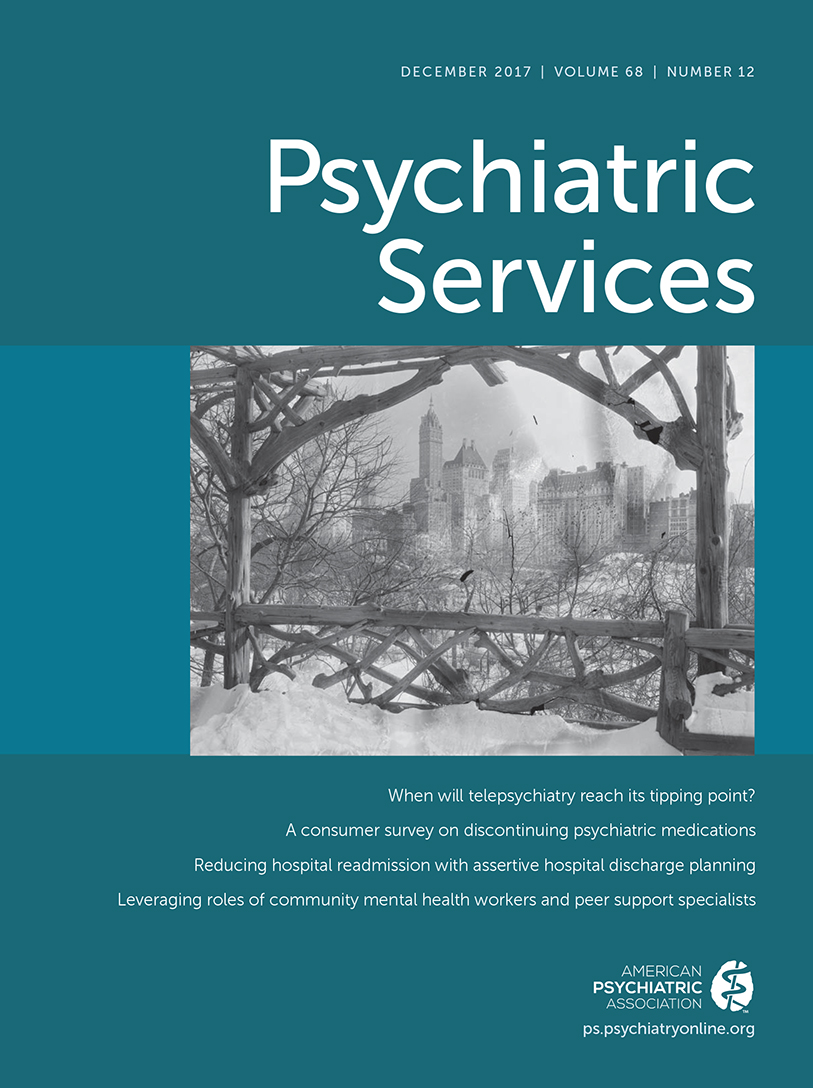Discontinuing Psychiatric Medications: A Survey of Long-Term Users
Abstract
Objective:
Individuals undergoing long-term psychiatric treatment frequently choose to stop taking psychiatric medications. To enhance service user choice and prevent undesirable outcomes, this first U.S. survey of a large sample of longer-term users sought to increase knowledge about users’ experience of medication discontinuation.
Methods:
A sample of 250 U.S. adults with a diagnosis of serious mental illness and a recent goal to stop up to two prescribed psychiatric medications, which they had taken for at least nine months, completed a web-based survey about experiences, strategies, and supports during discontinuation.
Results:
About half (54%) met their goal of completely discontinuing one or more medications; 46% reported another outcome (use was reduced, use increased, or use stayed the same). Concerns about medications’ effects (for example, long-term effects and side effects) prompted the decision to discontinue for 74% of respondents. They used various strategies to cope with withdrawal symptoms, which 54% rated as severe. Self-education and contact with friends and with others who had discontinued or reduced medications were most frequently cited as helpful. Although more than half rated the initial medication decision with prescribers as largely collaborative, only 45% rated prescribers as helpful during discontinuation. Of respondents who completely discontinued, 82% were satisfied with their decision.
Conclusions:
Discontinuing psychiatric medication appears to be a complicated and difficult process, although most respondents reported satisfaction with their decision. Future research should guide health care systems and providers to better support patient choice and self-determination regarding the use and discontinuation of psychiatric medication.



